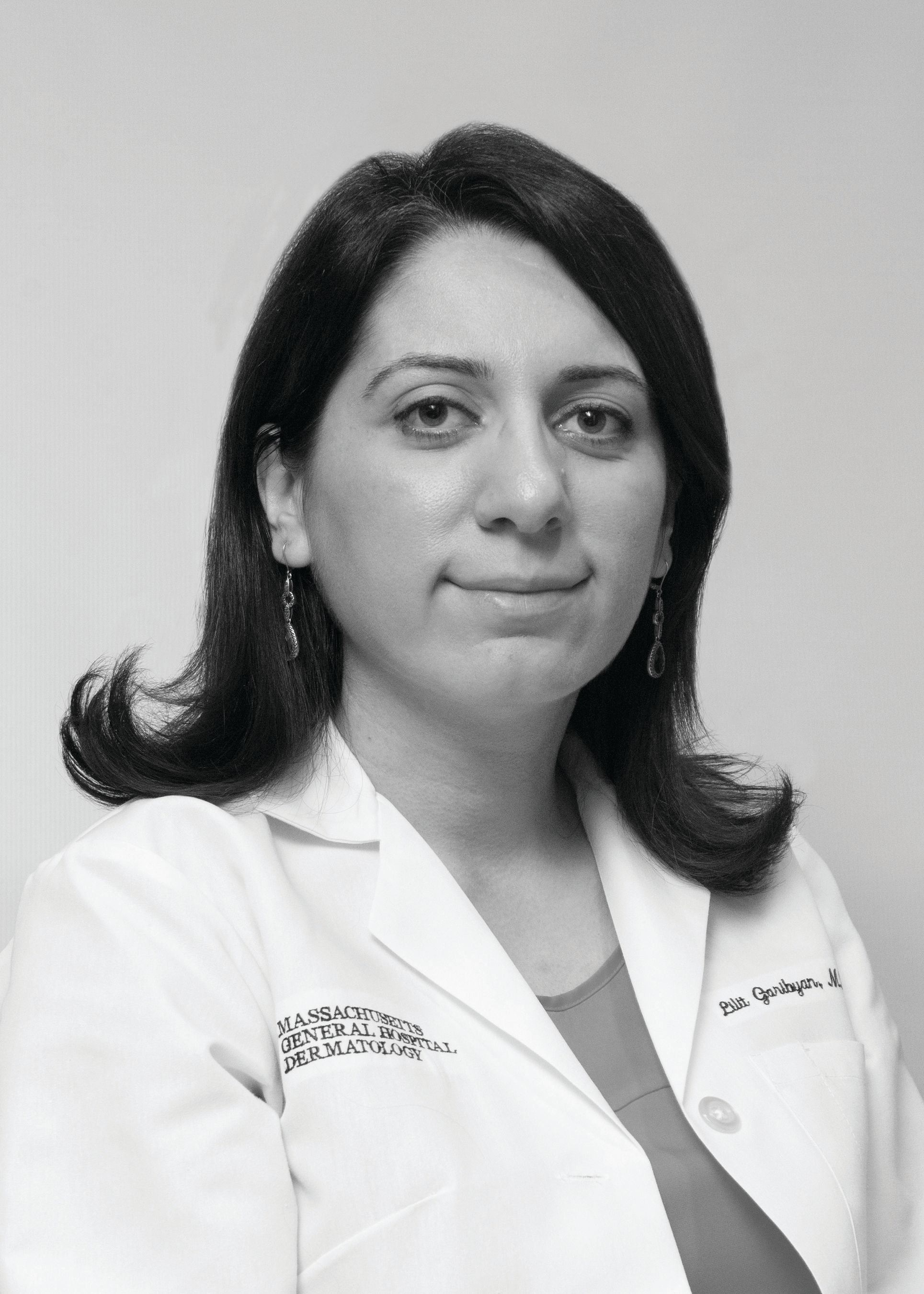- Acne
- Actinic Keratosis
- Aesthetics
- Alopecia
- Atopic Dermatitis
- Buy-and-Bill
- COVID-19
- Case-Based Roundtable
- Chronic Hand Eczema
- Chronic Spontaneous Urticaria
- Drug Watch
- Eczema
- General Dermatology
- Hidradenitis Suppurativa
- Melasma
- NP and PA
- Pediatric Dermatology
- Pigmentary Disorders
- Practice Management
- Precision Medicine and Biologics
- Prurigo Nodularis
- Psoriasis
- Psoriatic Arthritis
- Rare Disease
- Rosacea
- Skin Cancer
- Vitiligo
- Wound Care
Article
Creative initiative involves clinicians in innovation
Author(s):
Drs. Lilit Garibyan, Steve Xu and Kachiu C. Lee highlight a grassroots initiative that encourages physicians to become more involved in innovation in dermatology.
Drs. Lilit Garibyan, Steve Xu and Kachiu C. Lee highlight a grassroots initiative that encourages physicians to become more involved in innovation in dermatology. (s_l - stock.adobe.com)

Dr. Garibyan

Dr. Xu

Dr. Lee

Sometimes innovation feels like a process limited to scientists, engineers or investors. The regular clinician can sometimes feel out of place or out of depth. This should absolutely not be the case. Clinicians are central to innovation – essential in fact.
RELATED: Innovation matters in dermatology
We have already argued before the need to define great problems as the first step towards meaningful innovation.1 Clinicians are the ones who both deeply understand the problem but also the end users of new innovations. In this article, we want to highlight clinicians again and the role they play in innovation. Specifically, I am excited to present a great, grassroots initiative to get clinicians more involved in innovation in dermatology.
Focus on the Magic Wand Initiative
The Magic Wand Initiative (MWI) is a creative educational and interactive program designed by-clinicians-for-clinicians to empower physicians to identify and solve unmet patient needs and teach them the process of innovation.2 The MWI cultivates patient-centered innovation where clinicians identify problems worth solving, practice divergent and convergent brainstorming, collaborate with stakeholders, prototype, and possibly commercialize solutions. Throughout this journey of innovation, learners have the opportunity to partner with other expert clinicians and non-physicians (i.e. scientists and engineers) to select which patient problems are worth solving and what solutions are worthy of further development and testing.
This initiative was pioneered, designed and launched by R. Rox Anderson, M.D., and Lilit Garibyan, M.D., Ph.D., at Wellman Center for Photomedicine and Massachusetts General Hospital Department of Dermatology in 2013. The goal and mission were to increase clinician involvement in problem-based research and innovation. Through education and empowerment, clinical dermatologists were the best positioned to identify important unmet medical needs and form teams to solve them.
We partnered with a nonprofit, Advancing Innovation in Dermatology (AID), to provide the education, support and tools needed to solve the identified problems. Since that time, the pilot program has achieved concrete measurable success, affirming that if clinicians are empowered to identify and solve existing problems, new and innovative solutions can be brought to the patients. The success has been measured with increased number of publications, awarded grant funding, patents, successful prototype devices and potentially reduced burnout in physicians involved.
Clinician involvement in biomedical innovation is crucial for identifying and solving medical unmet needs and for bringing novel therapies to patients. Physicians are primed to play a pivotal role in innovation because they experience the real-world frustrations experienced in daily practice. Furthermore, their solutions are more likely to directly improve the delivery of healthcare and/or patients’ quality of life. These same physicians are end-users of any solution or product created and thus best understand the practical considerations and applicability of the product in daily practice.
READ MORE: How medical societies can support innovation
The Magic Wand Initiative is not just for academic medical centers like the Massachusetts General Hospital. Clinicians can get involved virtually via a new initiative. The “Virtual Magic Wand” program is a virtual platform program aimed to help early-career clinicians from across the country to deeply understand and define a dermatologic clinical problem worth solving. The goal of the program is to educate and empower residents and early career clinicians to become the next generation of innovators in dermatology.
It is designed as a 10-month-long instructive and interactive course with monthly teleconferences. Each teleconference helps scholars narrow down their problem-worth solving, with several sessions devoted to bringing clinical and industry experts to providing input on the feasibility of the problem posed by the scholars.
At the completion of the program the participants submit a white paper that thoroughly describes a specific clinical problem in dermatology that they have identified and deeply defined. Scholars are also invited to present their findings at the Dermatology Innovation Forum, held prior to the American Academy of Dermatology Annual Meeting each year. This Forum provides a unique opportunity for young innovators to network and fi nd partners within industry to further develop their problem worth solving and associated solutions.
In conclusion, we are calling for more clinicians, universities and industry partners to get involved in innovation. Now is the time to work together to increase clinician engagement in problem-based research and innovation. We need to empower our clinicians to adopt the creative and iterative thinking processes of innovation, and provide them with the tools, and training needed to solve unmet needs. The Magic Wand team is working hard on expanding the program to other sites. Â
Newsletter
Like what you’re reading? Subscribe to Dermatology Times for weekly updates on therapies, innovations, and real-world practice tips.











